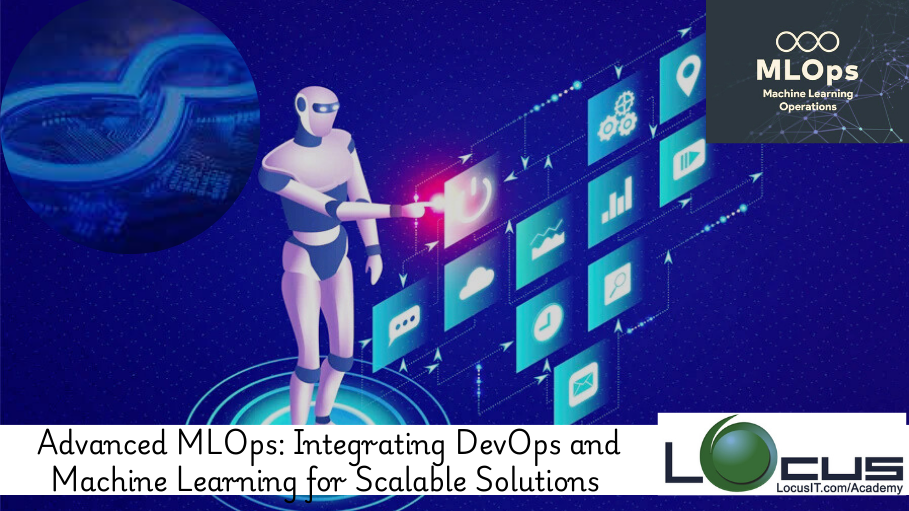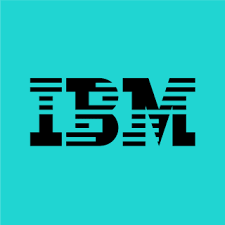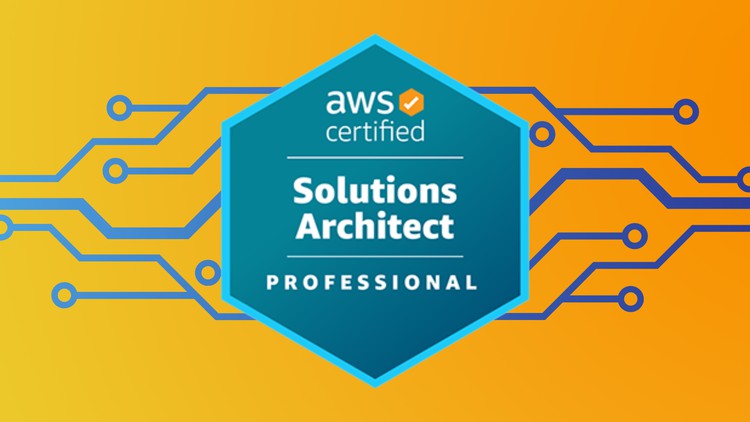Description
Introduction
Advanced MLOps (Machine Learning Operations) focuses on integrating DevOps principles with machine learning workflows to create scalable, reliable, and automated systems for deploying and managing machine learning models in production environments. This course explores how to combine the agility and efficiency of DevOps practices with the complexity of machine learning systems to enable continuous integration, continuous deployment (CI/CD), versioning, monitoring, and lifecycle management for ML models. By mastering advanced MLOps strategies, teams can streamline operations, improve model performance, and enhance collaboration between data scientists, engineers, and business stakeholders.
Prerequisites
- Fundamental understanding of machine learning and MLOps concepts.
- Experience with cloud platforms such as AWS, Azure, or Google Cloud.
- Proficiency in DevOps tools and practices (e.g., Git, Jenkins, Docker, Kubernetes).
- Familiarity with continuous integration and continuous deployment (CI/CD) pipelines.
- Basic knowledge of version control systems and containerization.
Table of Contents
- Introduction to Advanced MLOps
1.1 Defining MLOps and its Role in Modern Machine Learning
1.2 Key Principles of MLOps and DevOps Integration
1.3 Challenges and Benefits of Scalable MLOps Solutions
1.4 Overview of the MLOps Lifecycle - DevOps and MLOps: Synergy for Scalable ML Systems
2.1 Understanding DevOps Principles in the Context of ML
2.2 The Role of Automation and CI/CD in MLOps
2.3 Tools for Integrating DevOps and MLOps (Jenkins, GitLab, Azure DevOps)
2.4 Benefits of Continuous Integration and Deployment in ML - Versioning in MLOps: Managing Models and Data
3.1 Model Versioning and Its Importance in MLOps
3.2 Data Versioning for Reproducibility and Experiment Tracking
3.3 Using DVC (Data Version Control) for Data Management
3.4 Integrating Model and Data Versioning with CI/CD Pipelines - Building Automated ML Pipelines with DevOps Tools
4.1 Automating Data Ingestion and Preprocessing Pipelines
4.2 Deploying ML Models with Docker Containers
4.3 Managing Pipelines with Kubernetes for Scalability
4.4 Continuous Testing and Validation of ML Models in Pipelines - Model Deployment and Scaling Strategies
5.1 Deploying ML Models in Production Environments
5.2 Scaling Models for High Availability and Load Balancing
5.3 Microservices Architecture for ML Deployments(Ref: Security and Compliance in MLOps: Safeguarding ML Systems)
5.4 Using Serverless Computing for ML Model Deployment - Monitoring and Performance Optimization in MLOps
6.1 Key Metrics for Monitoring ML Model Performance
6.2 Using Prometheus and Grafana for Real-time Monitoring
6.3 Logging and Debugging in Production ML Systems
6.4 Optimizing Model Performance through Retraining and Tuning - Automated Testing and Quality Assurance in MLOps
7.1 Testing ML Models in Development and Production
7.2 Unit and Integration Testing for ML Components
7.3 Testing Data Pipelines for Accuracy and Consistency
7.4 Ensuring Model Robustness with Adversarial Testing - Security and Compliance in MLOps
8.1 Securing ML Pipelines and Deployments
8.2 Managing Access Control and Permissions in MLOps
8.3 Compliance with Data Privacy and Security Regulations (GDPR, HIPAA)
8.4 Auditing and Logging in ML Systems for Compliance - Collaborative Workflows and Cross-functional Teams in MLOps
9.1 Best Practices for Collaboration Between Data Scientists, DevOps Engineers, and Business Teams
9.2 Implementing Agile Practices in MLOps Projects
9.3 Role of DataOps and MLOps Engineers in Modern Organizations
9.4 Building a DevSecOps Culture for ML - Advanced Topics in MLOps
10.1 Federated Learning for Distributed Data
10.2 Edge AI: Deploying ML Models at the Edge
10.3 Managing Multi-Cloud and Hybrid Cloud MLOps Environments
10.4 Future Trends in MLOps: AI and Automation - Case Studies: Real-world Applications of Advanced MLOps
11.1 Case Study 1: Implementing MLOps in a Financial Institution
11.2 Case Study 2: Scaling ML Models for E-commerce and Retail
11.3 Case Study 3: MLOps for Healthcare: Data Privacy and Compliance
11.4 Case Study 4: Implementing Automated Pipelines in a Research Environment - Hands-on Labs and Final Project
12.1 Building a CI/CD Pipeline for ML Models with GitLab and Docker
12.2 Deploying a Scalable ML Model using Kubernetes
12.3 Implementing Model Monitoring and Logging with Prometheus
12.4 Final Project: End-to-End MLOps Workflow
Conclusion
Advanced MLOps offers a powerful framework for integrating DevOps practices into the machine learning lifecycle, enabling teams to automate and streamline the deployment, management, and scaling of machine learning models. By mastering these techniques, you can create robust, reproducible, and scalable ML systems that meet business demands and maintain high performance in production environments. The course covers the full spectrum of MLOps, from versioning and testing to monitoring and scaling, empowering practitioners to build automated pipelines and work collaboratively across teams. Upon completion, participants will be equipped to implement advanced MLOps strategies and drive innovation in their organizations.






Reviews
There are no reviews yet.